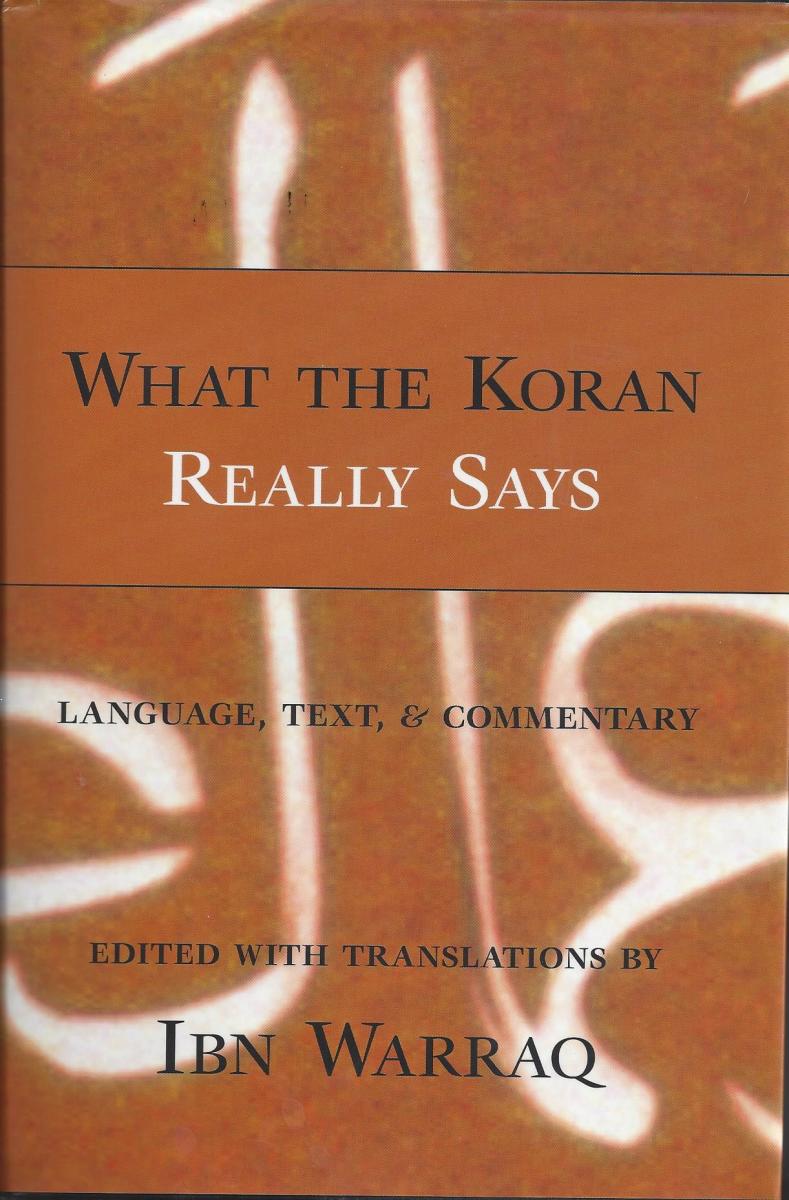Arabic Grammar: The Definite Article alif-lam
The Definite Article الـ
Alif-lam الـ is the definite article in Arabic, similar to “the” in English. When the alif-lam preceded a noun or an adjective it makes that noun or adjective definite.
Definiteness in English and Arabic can be quite different. For example, the definite article in Arabic attaches to the noun or adjective, forming one word. Furthermore, there are times that a definite article will appear in Arabic with words we might not at first realize are definite in English. We will go over how to properly use the definite article alif-lam below.
Definite Noun
| Indefinite Noun
| ||
|---|---|---|---|
the girl
| البِنت
| a girl
| بِنت
|
the car
| السَيارة
| a car
| سَيارة
|
the student
| الطالِب
| a student
| طالِب
|

Proper Nouns: What if the proper nouns doesn't have an alif-lam?
While alif-lam makes nouns and adjectives definite, you can not assume that a noun or adjective not containing an alif-lam is not definite.
For example, the words "Egypt" and "my father" are proper nouns in both English and Arabic. Just as in English, as proper nouns these words are definite nouns, even though they are not preceded by the definite article, "the."
مصر (Egypt)
والدي (my father)
How do I use the article alif-lam?
The use in Arabic of alif-lam differs at times from the English use of the article “the.” In both Arabic and English, concepts that express an entity as a whole are definite. For example, in the phrase, "I love literature", the word "literature" is definite in both Arabic and English; however, in English that definiteness is implicit - we do not say, "I love the literature." In Arabic, however, definiteness is never implicit.
Therefore, in the Arabic sentence, "I love literature," the article alif-lam would precede the word for literature, (اداب) to form the word: الأداب.
A good trick to determine whether or not a word in Arabic requires the article is to try phrasing a sentence with the word as an indefinite noun first (using the article “a/an”). If you add the indefinite article a/an, and the sentence no longer expresses the meaning you intend, then the noun must be definite and therefore require the definite article alif-lam.
For example, if you want to write the sentence "I love literature" in Arabic, but aren't sure whether or not to use the definite article, try phrasing it first with the indefinite article: "I love a literature". This sentence no longer expresses that you love literature as the specific and whole entity, but rather as an unspecific entity, a literature. Therefore, you now know that you need to use the definite article in this sentence in Arabic to retain its intended meaning.









